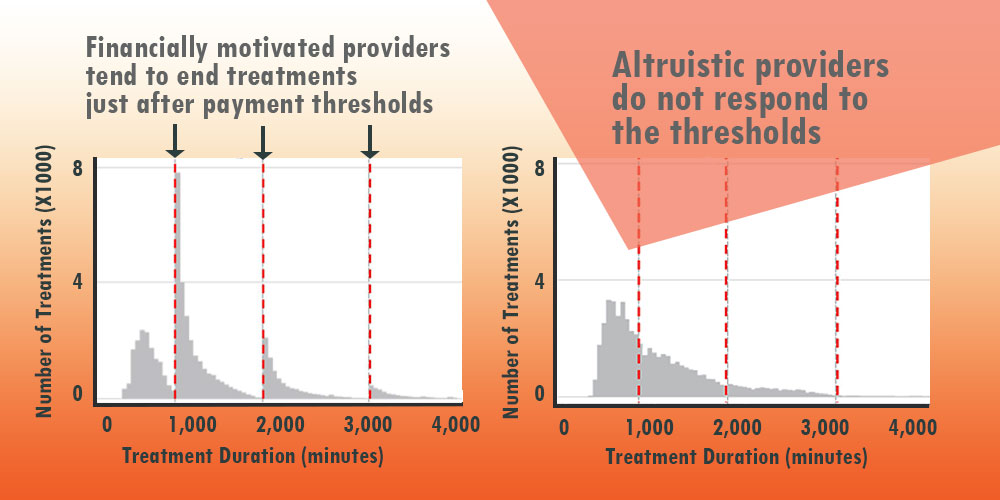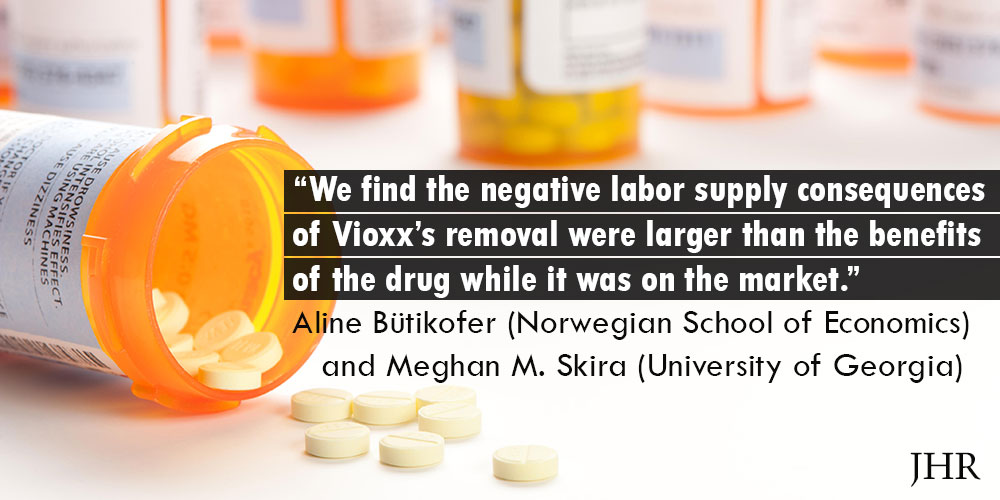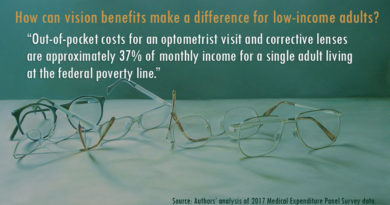Altruism, Payment Schemes, and Patient Outcomes in Mental Health Care
It is well known that people differ in their degree of altruism and that this influences the way they perform at work. In a recent JHR article, Rudy Douven, Minke Remmerswaal, and Robin Zoutenbier report on their study of how altruism motivates care among psychiatrists and psychologists.
To measure the degree of altruism the researchers studied a unique payment system in Dutch mental health care. The system is like a staircase—payment increases in steps. Psychiatrists and psychologists receive a flat fee until they reach a specific treatment duration threshold, after which the fee increases substantially.
The payment system creates an opportunity for psychologists and psychiatrists to increase their income by treating patients just until they have reached a treatment duration threshold. Financially motivated doctors are more likely to use this opportunity, but altruists are likely to ignore these financial opportunities. To learn whether this was indeed happening the team examined a large administrative data set covering more than 1600 self-employed psychiatrists and psychologists in the Netherlands over three consecutive years.
They found that most of the psychologists and psychiatrists are financially motivated, at least to some degree, and strategically set treatment duration to increase their income. The left panel of the figure shows the financially motivated psychiatrists and psychologists who tend to end treatments just after payment thresholds. Altruists, however, shown in the right panel of the figure, do not respond to these thresholds.
Remarkably, the researchers also found that altruistic mental health care providers have significantly better treatment outcomes on average.
These findings are important to consider when policymakers design payment systems. The current payment system rewards financially motivated psychologists and psychiatrists, who have worse treatment outcomes and even treated patients longer. The authors note, “Our finding emphasizes the importance of designing optimal payment systems in healthcare that reward outcomes of care, such as the quality of care that is delivered.”
Read the full study in The Journal of Human Resources: “Do Altruistic Mental Health Care Providers Have Better Treatment Outcomes?” by Rudy Douven, Minke Remmerswaal, and Robin Zoutenbier.
***
Rudy Douven is a health economist at the CPB Netherlands Bureau for Economic Policy Analysis (@CPBnl, @CPBnl_uk) and Erasmus University Rotterdam (@HSI_Erasmus, @ESHPM_EUR, @erasmusuni). Minke Remmerswaal (@MCRemmerswaal) is a health economist at the CPB Netherlands Bureau for Economic Policy Analysis and a PhD student at Tilburg University (@TilburgU). Robin Zoutenbier is an economist who worked at the CPB Netherlands Bureau for Economic Policy Analysis while conducting this research.




